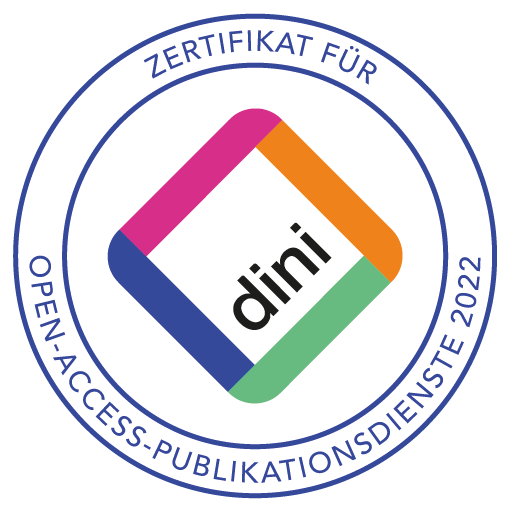Die fünf Typen des historischen Erzählens – im Zeitalter digitaler Medien
- In Auseinandersetzung mit Jörn Rüsens „vier Typen des historischen Erzählens“ (traditionales, exemplarisches, kritisches und genetisches Erzählen) wird ein fünfter Idealtypus zu begründen versucht, der sich aus gesellschaftlichen und kulturellen Veränderungen sowie der Emergenz digitaler Medien ergibt. Das „situative Erzählen“ als neuer Modus der historischen Sinnbildung antwortet zum einen auf Formen der Identitätskonstruktion innerhalb einer „flüchtigen Moderne“, deren Kennzeichen die Absage an „große Erzählungen“ und die Auflösung stabiler Identitäten sind. Zum anderen wird diese Erzähl- und Sinnbildungspraxis durch hypertextuelle Kulturtechniken codiert, ausgestaltet und prämiert. Der Beitrag nennt einige historiographische Ansätze des „situativen Erzählens“ und fragt nach den Konsequenzen für die Geschichtswissenschaft.
- In his theory of historical culture in 1982, Jörn Rüsen developed four ideal types of historical ‘meaning formation’ (Sinnbildung). This article extends Rüsen’s approach with an additional type, which takes into account current cultural and societal changes as well as the emergence of digital media. On the basis of theoretical considerations of media and following a sketch of Rüsen’s typology, the article maps the parameters of a new, so-called ‘situative narrative’. This new type of historical ‘meaning formation’ correlates with and responds to forms of identity construction in ‘liquid modernity’, a period characterised by fluid identities and the rejection of master narratives. At the same time, web 2.0 as narrative praxis is coded and formed by hypertextual cultural techniques. The article concludes with remarks on historiographical approaches to this model of ‘situative narrative’ and points out possible consequences for the study of history.
 ZZF - Clio Lizenz
ZZF - Clio Lizenz


